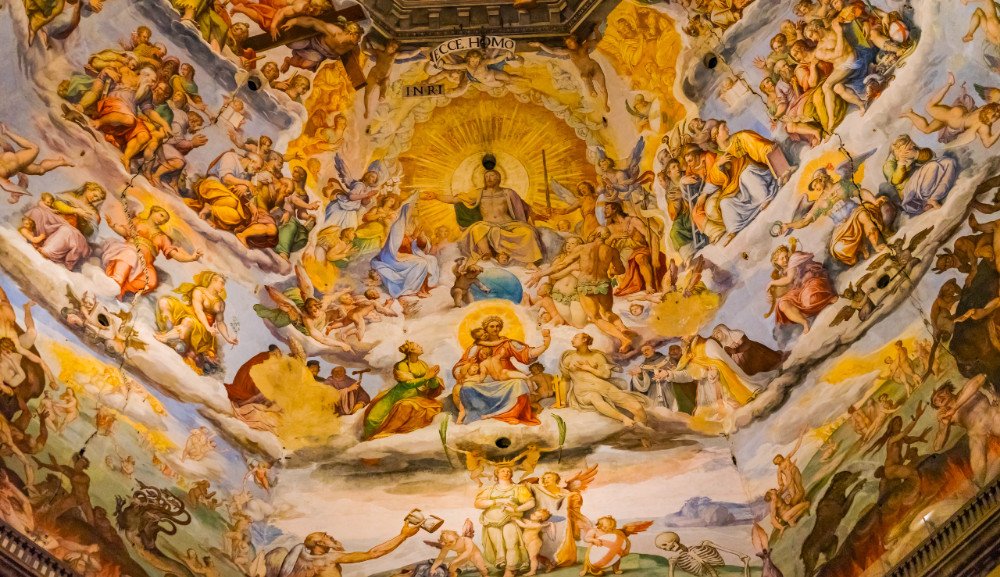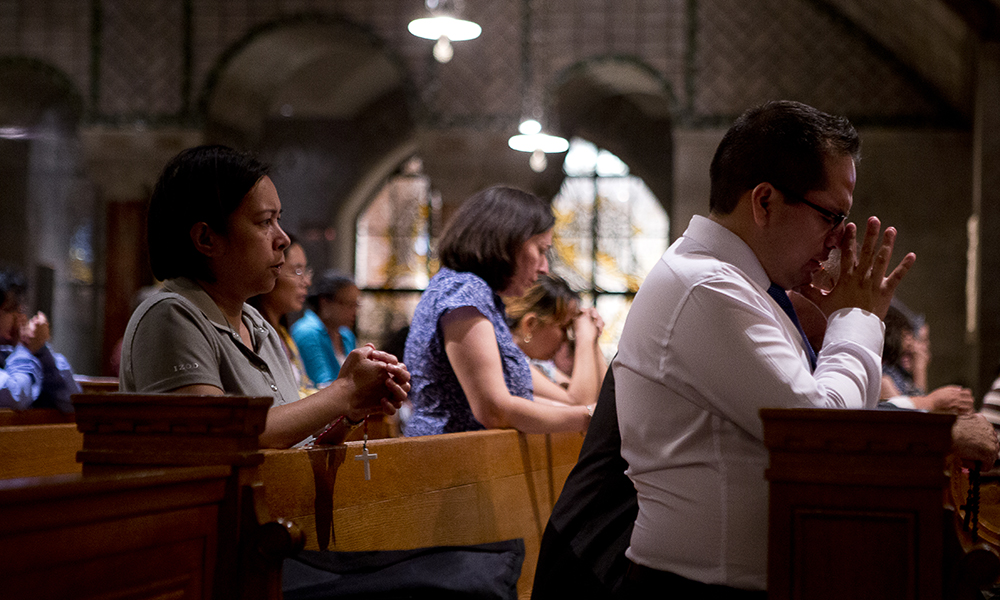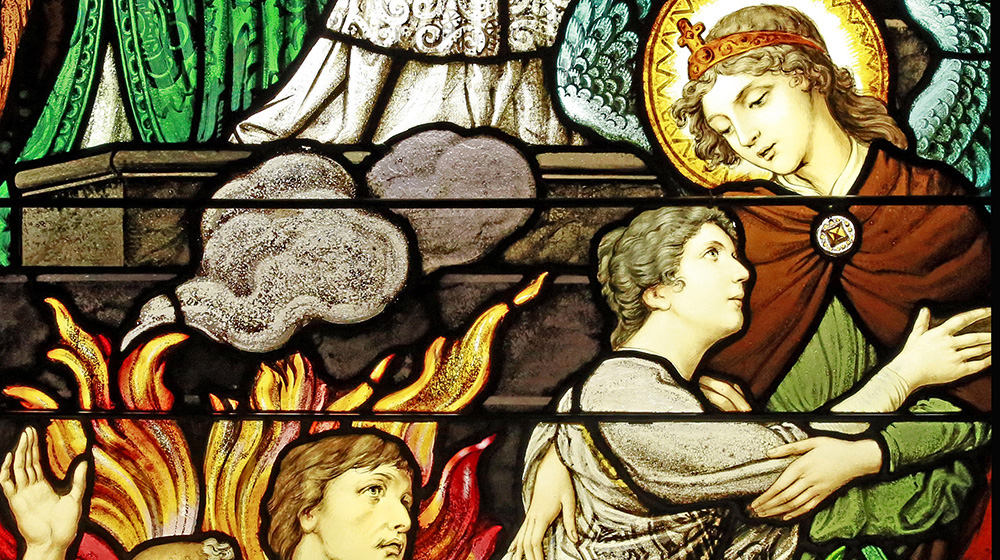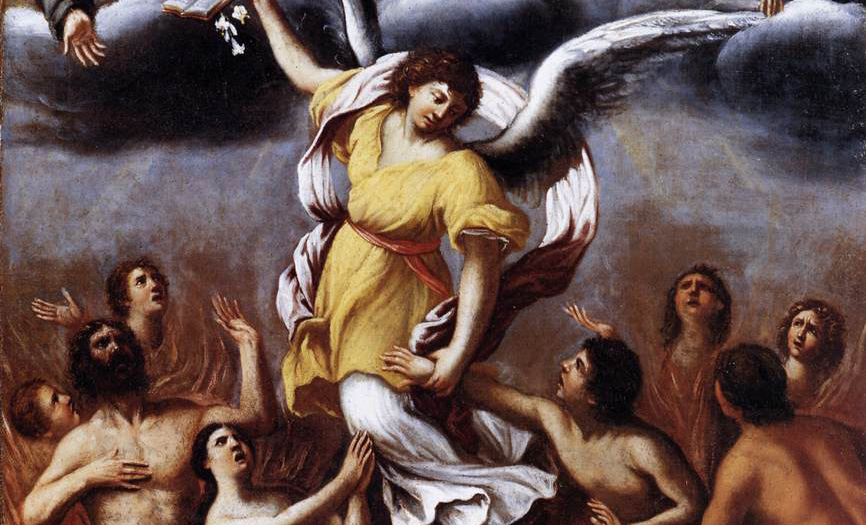Predestination is a proper biblical concept which indicates that God chose us and called us before we were ever made to be His own. It does not deny that we freely chose Him, but it does insist that He first chose us, and thereby enabled us to choose Him.
Scripture says: “He chose us in him, before the foundation of the world, to be holy and without blemish before him. In love he destined us for adoption to himself through Jesus Christ, in accord with the favor of his will” (Eph 1:4-5; see also Rom 8:29-30).
Predestination, understood in a way that does not cancel human freedom, is thus biblical and proper. Double predestination, however, as articulated by Calvin and others that follow him is not biblical. Double predestination teaches in effect that some are destined by God from before their birth to go to heaven or hell and have no real choice. In other words, God sovereignly ordains the eternal destiny of every human being — the lost as well as the saved. Thus the damned are fated and destined to hell from before their birth.
But this is contrary to Scripture, wherein God says, for example, “I find no pleasure in the death of anyone who dies” (Ez 18:32; see also 1 Tm 2:4). So, double predestination is wrong: God does not desire, will or force anyone into hell. Only by freely choosing against heaven and the values of the kingdom of heaven does a person depart to hell — it is really their choice, God merely affirms it at the judgment.
An analogy that is sometimes used regarding predestination and double predestination is in reference to sports. In the NFL draft, certain players are chosen by certain teams. And in this sense they are predestined to play for a certain team. However, they are not doubly predestined in that they are not absolutely forced to play for this team. Though they might have to pay some financial penalties, etc., they are free simply to refuse to play for that team and insist on being available for another team. If they were legally forced to play for whatever team chose them, no matter what they thought or wished, this would be an example of double predestination. It would be akin to the Calvinist notion that people are chosen to go to heaven or hell no matter what they think or do.
All of this cancels human freedom, which the Scriptures clearly attest that we do have. Otherwise, any moral exhortation makes no sense at all.
What Calvin’s double predestination is trying to do is to preserve the sovereignty of God. But it does so at the expense of another truth, the freedom of the human person. And this is the essence of all heresy: it takes two truths that are sometimes in tension and, in order to resolve the tension, discards one truth and embraces the other. The word “heresy” is rooted in a Greek term meaning “to choose.”
Orthodoxy however holds the balance and accepts the tension. The tension is embraced in humility that accepts the fact that the tension between God’s sovereignty and our freedom is created by our own human limits in understanding.
Part of the mystery of predestination is that God lives outside of time and sees it comprehensively. God knows and sees the future and the past along with the present as one moment. But the fact that He knows something does not mean He causes or forces it. Even humanly, I might be able to see two trains moving toward each other on a track and know they are going to crash. But my knowing this does not mean I cause this.
Msgr. Charles Pope is a pastor in the Archdiocese of Washington, D.C.







